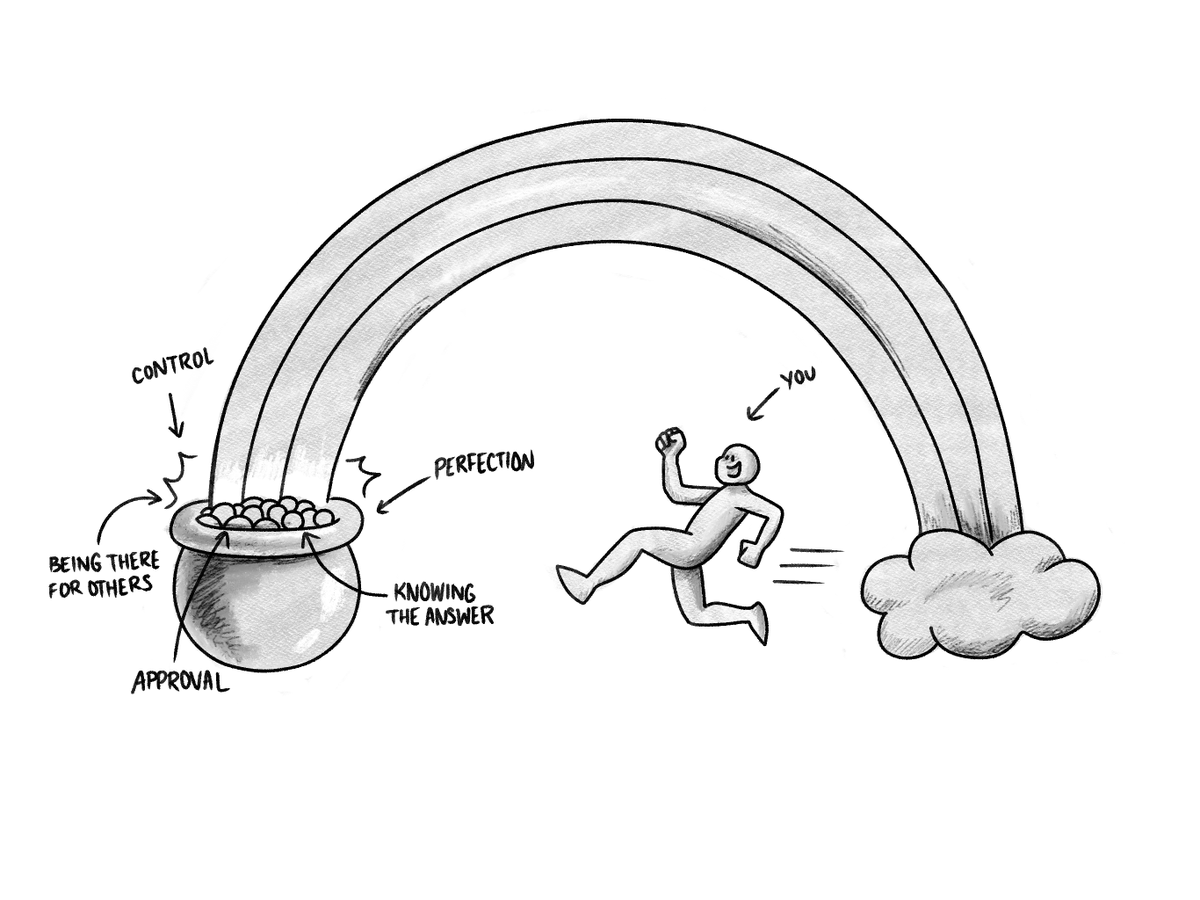Lockbox vs storm for #soulcare and #selfcare.
Sometimes a lockbox works, but in these days of social isolation, I think the 'storm' approach is more helpful.
When I first started working in trauma and crisis, a friend of mine taught the power of 'lock boxing'
1/
Sometimes a lockbox works, but in these days of social isolation, I think the 'storm' approach is more helpful.
When I first started working in trauma and crisis, a friend of mine taught the power of 'lock boxing'
1/
When you serve in a trauma environment, you're affected by what you experience, even through it isn't happening to you. Sort of a second hand trauma. Lock boxing was a simple way to 'put it away' at the end of a shift so I could go home and not carry it with me.
2/
2/
Sometimes I still do this. Back in the 'old days' when we gathered in a building, people would come and share pain and loss, ask for prayer. Before heading out, I would sit in a quiet place, pray for each person who had come to me, give it to God, go home.
3/
3/
But some experiences are too big to lock box. It also doesn't work when you are the one traumatized, or directly in the experience. That is where I found a second tool helpful: a storm metaphor.
4/
4/
A storm has its own agenda and timeline. It shows up, sometimes unannounced, overstays its welcome, wreaks havoc and then passes on. In my anxiety work, I try to give people the tools so they can at least see the storm approaching.
5/
5/
Reminds me of Bernie Taupin's powerful lyric, 'I can see the storm approaching long before the rain starts falling.'
Although the sort of storm I'm talking about is more like a tornado.
6/
Although the sort of storm I'm talking about is more like a tornado.
6/
Situations of unknown duration and impact like we're in now days can generate huge anxiety. But the nature of a storm: unwelcome, unannounced, unknown duration, unknown extent of damage. Un, un, un, un. The 'uns' generate anxiety.
7/
7/
And since we can't undo the uns, we worry. Worry is what we do when we feel out of control. Worry gives us a fake sense of control and makes us feel better. It is a placebo that doesn't actually work.
8/
8/
Naming the uns, giving to God what we cannot control, recognizing that the storm will wreak havoc and pass through...this can help our stamina. And yes, that means real damage will happen, maybe even to you and I.
But God is still good and the storm will pass.
9/9
But God is still good and the storm will pass.
9/9
• • •
Missing some Tweet in this thread? You can try to
force a refresh









